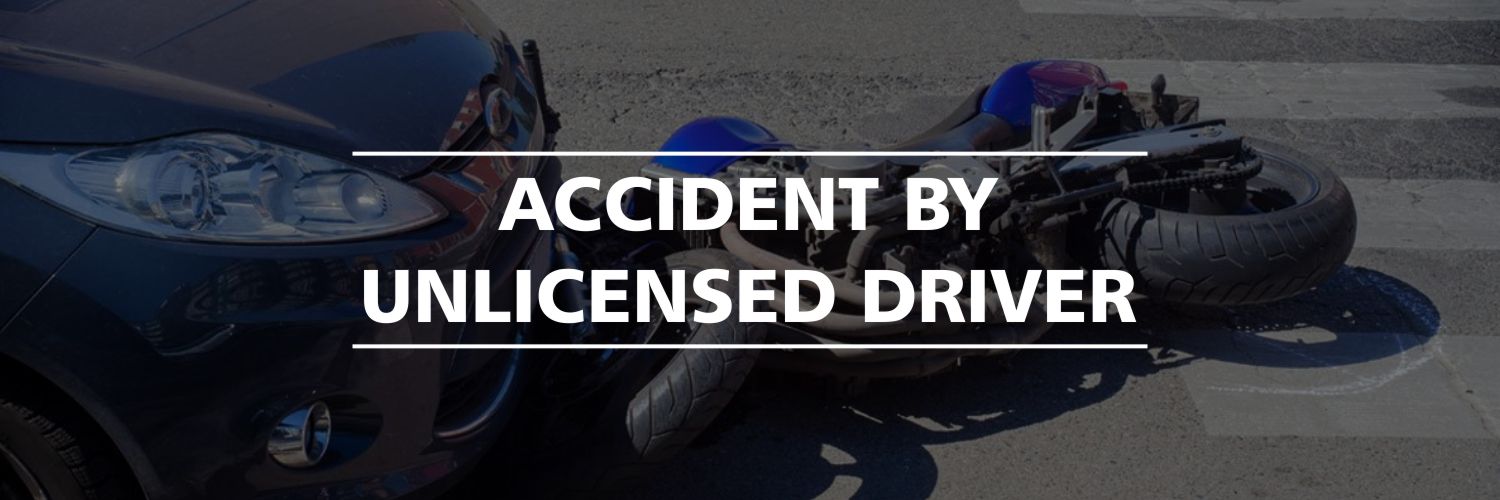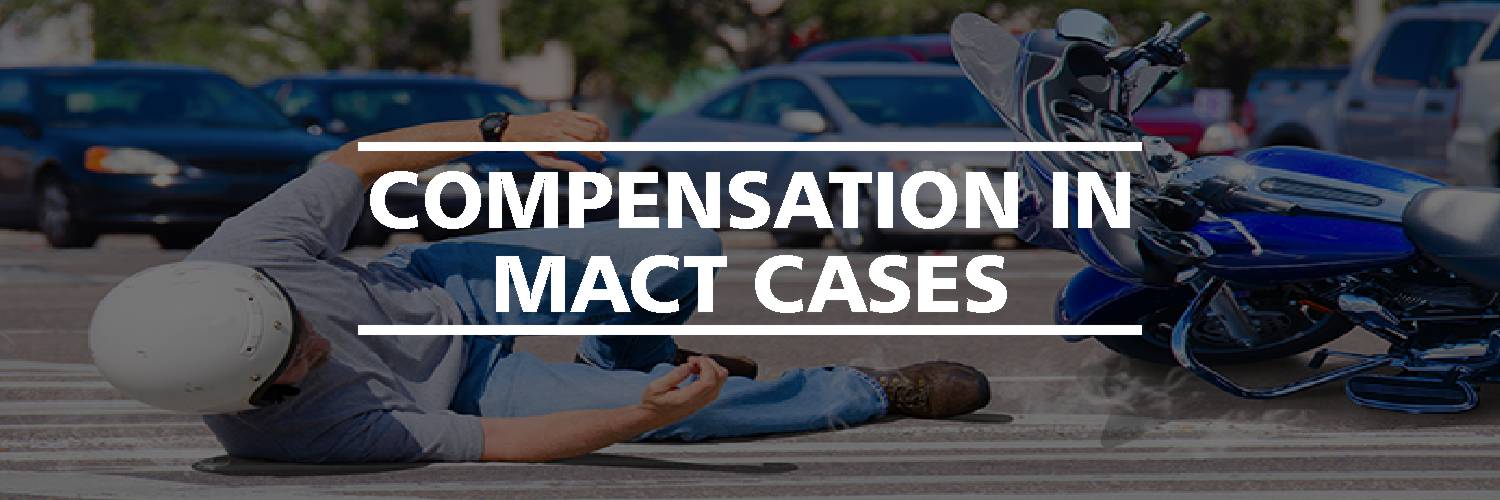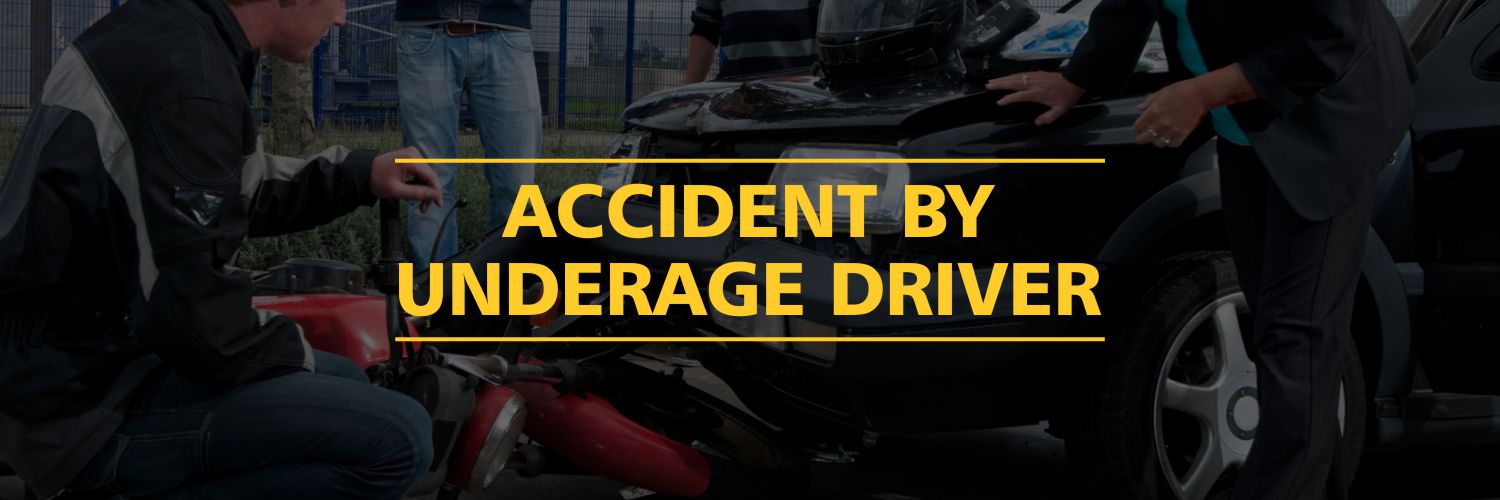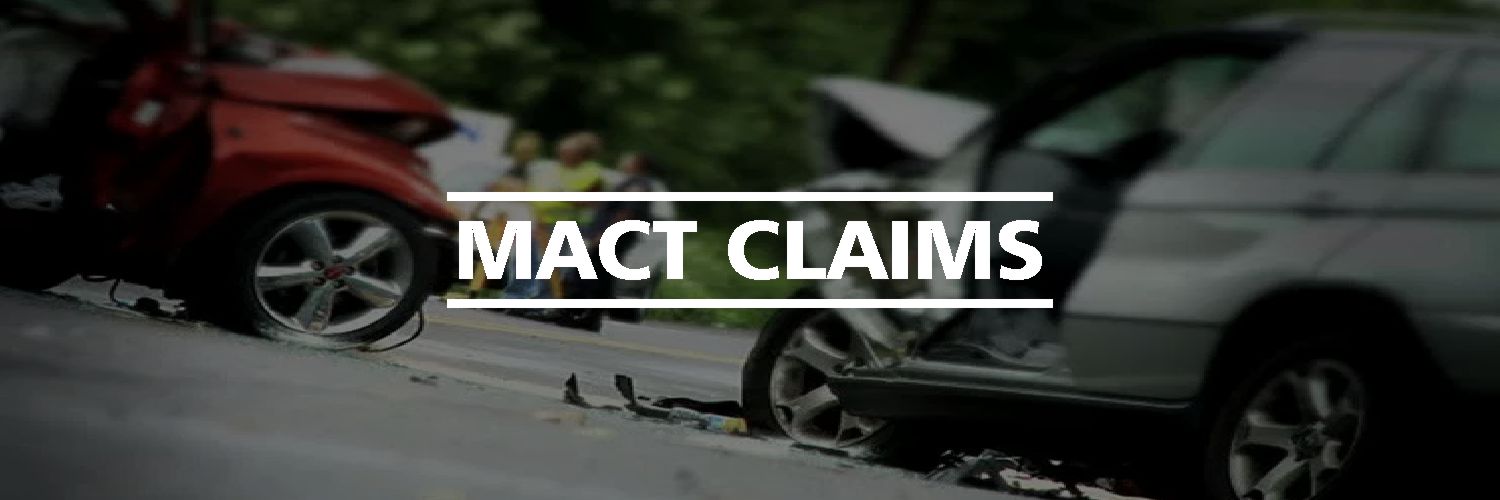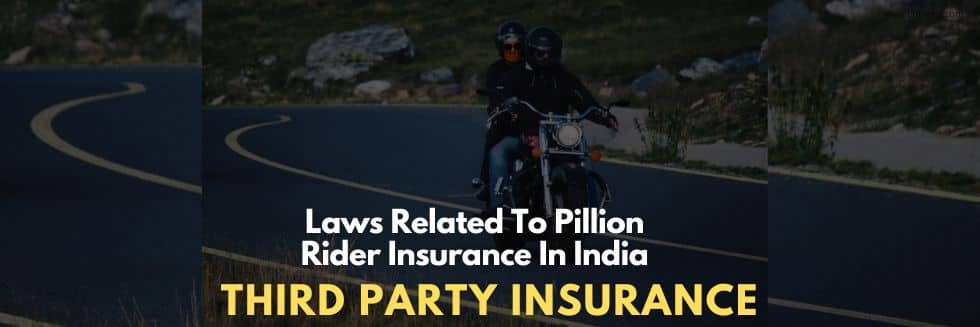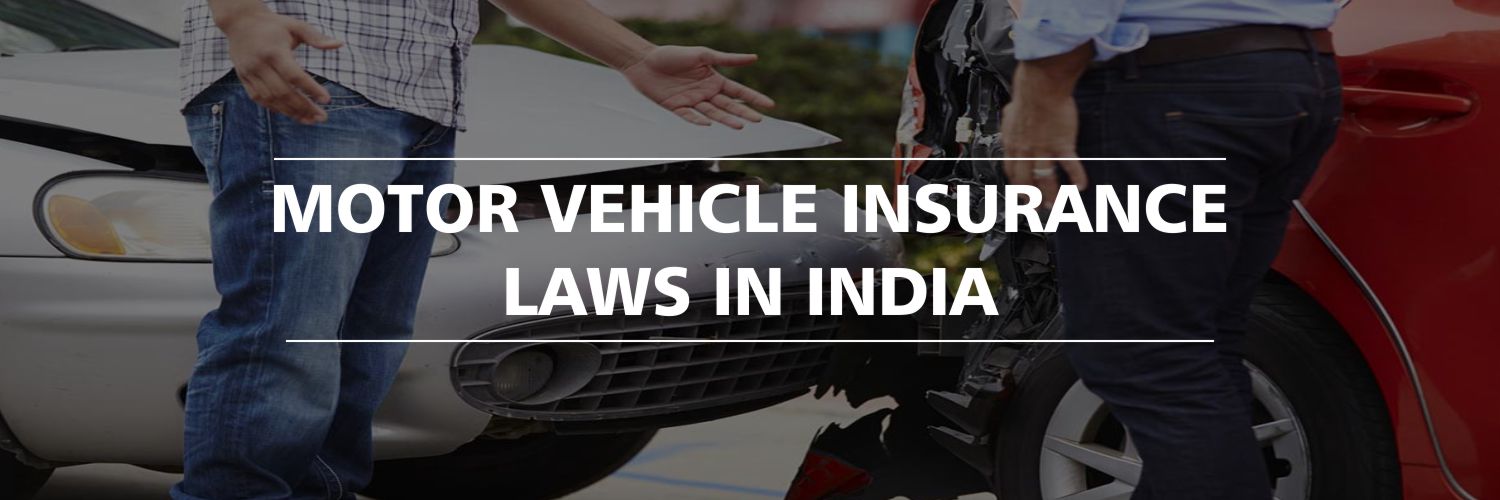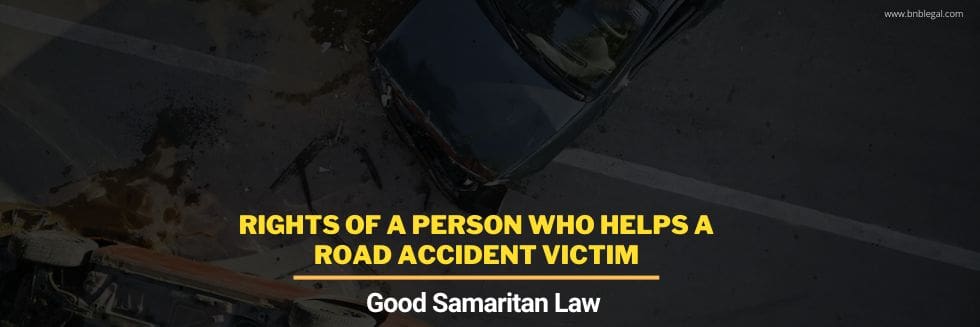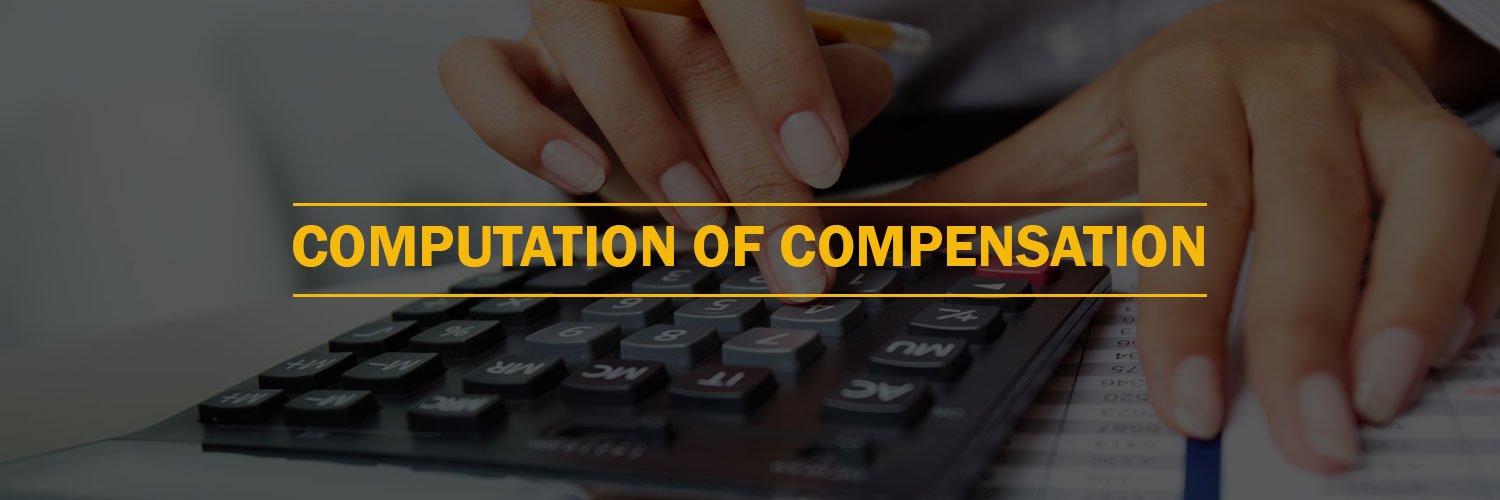A person in India cannot drive a motor vehicle without an appropriate driving license. A person is licensed to drive a motor vehicle when he obtains the license by the due process of law. Anybody driving a vehicle which he is not licensed to drive will be held liable.
Categories of License
- MC 50CC (Motorcycle 50cc) — motorcycles with an engine capacity of 50cc or less.
- MC EX50CC (Motorcycle more than 50cc) — motorcycles and (Light Motor Vehicle) car.
- FVG—Motorcycles of any engine capacity, but without gears, including mopeds and scooters
- MC with Gear or M/CYCL.WG (Motorcycle with Gear) — all motorcycles.
- LMV (Light Motor Vehicle) — including motorcars, jeeps, taxis, delivery vans.
- LMV-NT (Light Motor Vehicle— Non-Transport) — for personal use only
- LMV-TR (Light Motor Vehicle—Transport) — for commercial transportation including light goods carrier.
- HMV (Heavy Motor Vehicle)
- HPMV (Heavy Passenger Motor Vehicle)
- HTV Heavy Transport Vehicle (Heavy Goods Motor Vehicle, Heavy Passenger Motor Vehicle)
- TRAILOR — a person holding a heavy vehicle driving license can only apply for a heavy trailer license
- Category for which license has been granted also plays a vital role. License to drive one specific vehicle does not entitle the person to drive vehicle in all categories. There are different eligibility criteria for different license categories and a person driving out of the category he is authorized to, will also amount to the unlicensed driver.
According to Section 3 of Motor Vehicle Act
“No person shall drive a motor vehicle in any public place unless he holds an effective driving license issued to him authorizing him to drive the vehicle; and no person shall so drive a transport vehicle [other than 1[a motor cab or motor cycle] hired for his own use or rented under any scheme made under sub-section (2) of section 75] unless his driving license specifically entitles him so to do.—(1) No person shall drive a motor vehicle in any public place unless he holds an effective driving license issued to him authorizing him to drive the vehicle; and no person shall so drive a transport vehicle [other than 1[a motor cab or motor cycle] hired for his own use or rented under any scheme made under sub-section (2) of section 75] unless his driving license specifically entitles him so to do.”
The conditions subject to which sub-section (1) shall not apply to a person receiving instructions for driving a motor vehicle shall be such as may be prescribed by the Central Government.”
If a person is found driving the vehicle without a valid license he would be subject to fine up to 500 rupees and punishment up to 3 months according to Section 181 of Motor Vehicle Act.
According to the Motor Vehicle Act, a vehicle has to have a compulsory insurance in respect of the third party, so that in case of accident there is insurance for the payment of compensation to the victim, but there are certain restrictions in Insurance contract that if the vehicle is driven by an unlicensed driver then Insurance Company cannot be made liable.
Now there arises a question of intention of parliament while making the Motor Vehicle Act and inaction section for compulsory insurance, the intention was to protect the third party or the victim party from unpaid compensation i.e. in the case when the person accused of accident cannot pay compensation there should be a third party to do so. And general notion was that Insurance Company is not liable to pay but in the case of S. Iyyapan v/s M/S United India Insurance Company and Another supreme court held that insurance company was liable to pay the victim even if the driver was unlicensed so that the victim should not be deprived of the money due to him. Hence Insurance Company has full rights to recover their money.
The Insurance Company will recover the money from the owner of the vehicle, hence further the owner can make the unlicensed driver pay the compensation.
Owner of the vehicle is also liable if he allows unlicensed driver to drive his vehicle under Section 180 of The Motor Vehicles Act“If an owner permits any unauthorized person to drive the vehicle without driving license, the owner is liable for imprisonment up to 3 months or fine up to Rupees 1,000/- or both.”
If the acts of the driver were negligent and death has been caused due to negligence then there arises a Criminal Liability in respect of the driver and hence will be charged under Section 304A of IPC where the accused will be subject to 2 years of imprisonment or fine or both.
So, a person should not drive the vehicle which he is not licensed to drive. If, however, he does drive he should not run from the accident as it would make him criminally liable and increase his liability. So it is better to face the charges instead of running from one.
